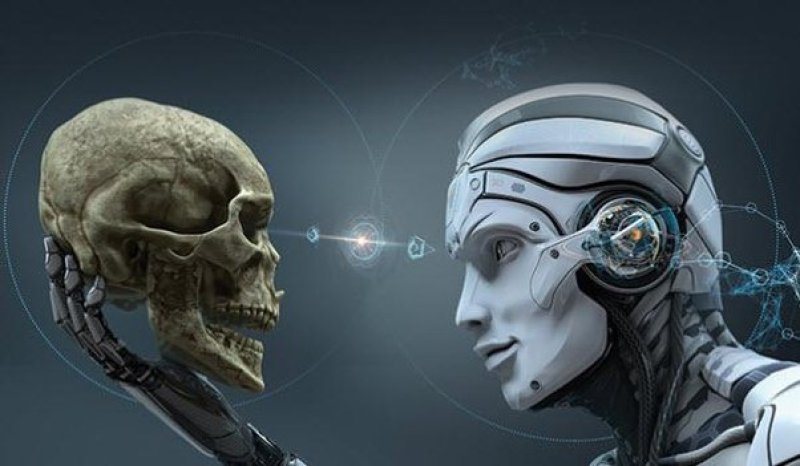There are teams of researchers in academia and at major AI labs these days working on the problem of AI ethics, or the moral concerns raised by AI systems… There are also teams of researchers in academia and at some (though fewer) AI labs that are working on the problem of AI alignment. This is the risk that, as our AI systems become more powerful, our oversight methods and training approaches will be more and more meaningless for the task of getting them to do what we actually want.
These are two camps, and they’re two camps that sometimes stridently dislike each other.
From the perspective of people working on AI ethics, experts focusing on alignment are ignoring real problems we already experience today in favor of obsessing over future problems that might never come to be. Often, the alignment camp doesn’t even know what problems the ethics people are working on.
“Some people who work on longterm/AGI-style policy tend to ignore, minimize, or just not consider the immediate problems of AI deployment/harms,” Jack Clark, co-founder of the AI safety research lab Anthropic and former policy director at OpenAI, wrote this weekend.
From the perspective of many AI alignment people, however, lots of “ethics” work at top AI labs is basically just glorified public relations, chiefly designed so tech companies can say they’re concerned about ethics and avoid embarrassing PR snafus — but doing nothing to change the big-picture trajectory of AI development. In surveys of AI ethics experts, most say they don’t expect development practices at top companies to change to prioritize moral and societal concerns.































